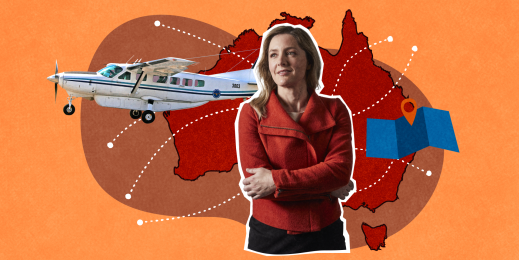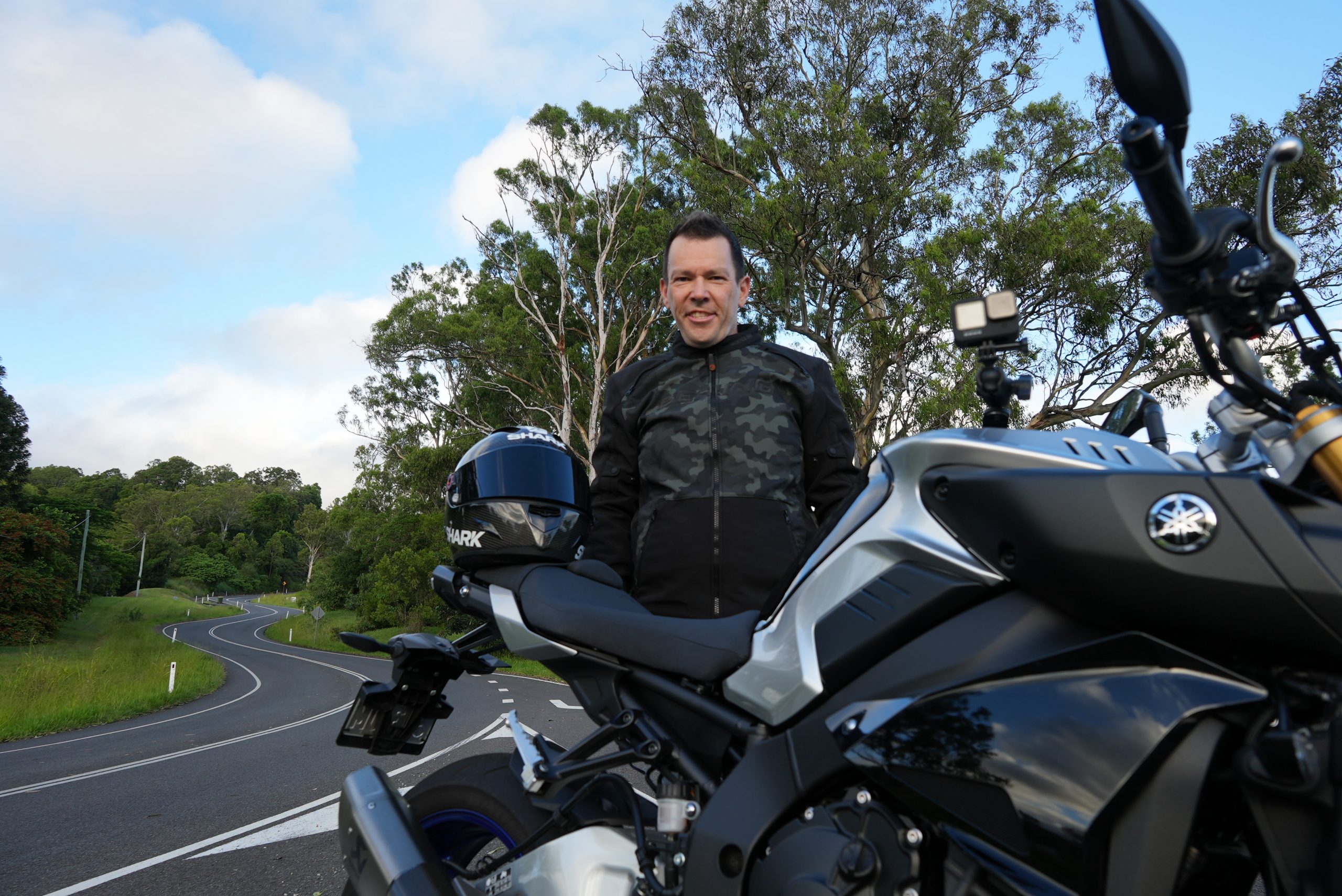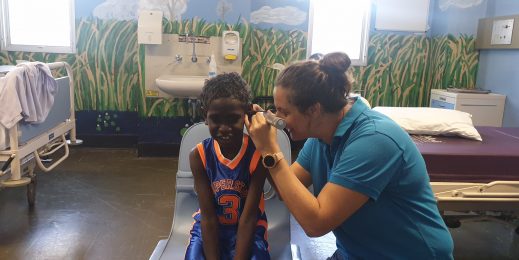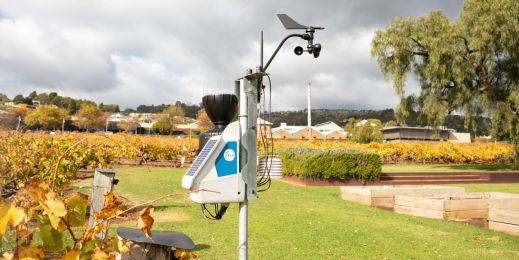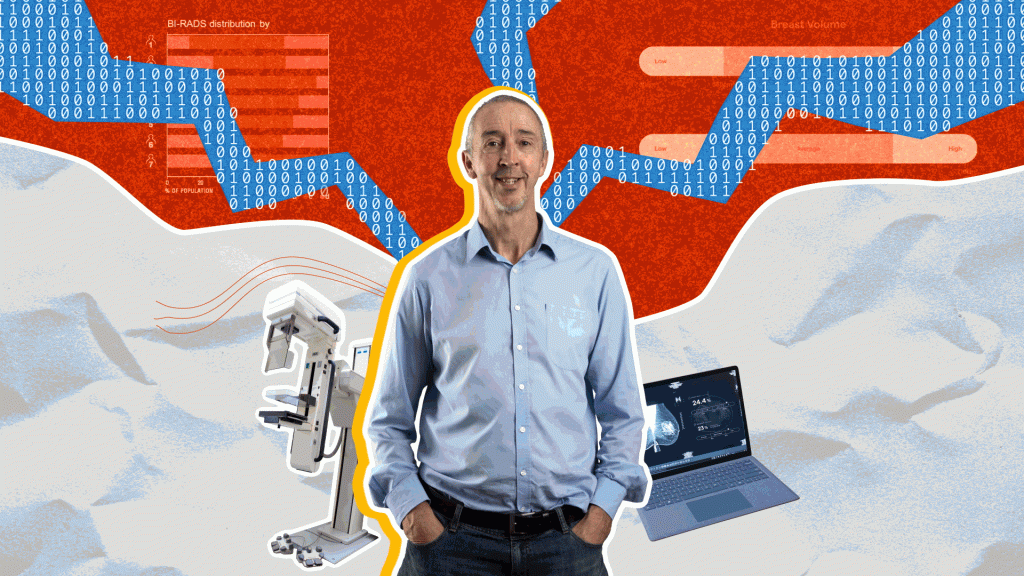
“To honour the women in my life and to save families from cancer”: Ralph Highnam shares his mission
How Volpara Health’s Chief Science & Innovation Officer discovered his calling
Hundreds of thousands of women around the world lose their lives to breast cancer every year. As the co-founder and now Chief Science & Innovation Officer at Volpara Health, Ralph Highnam is working to change that.
Volpara Health is based in New Zealand, yet clinicians all over the world use its AI‑powered software to conduct personalised breast screenings and catch their patients’ cancer faster.
Highnam is literally on the frontlines of the fight against breast cancer. But growing up in working class England in the 1970s, he had no idea the disease even existed. At that time, in that place, topics like breast cancer were taboo.
So, what changed? How did Highnam find his calling? And why, three decades into his innovation journey, does he remain as excited as he was on the day he began?
Searching for solutions
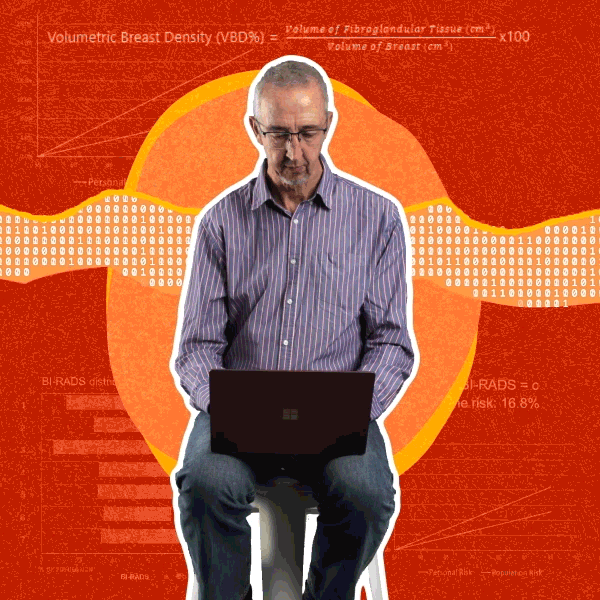
Volpara Health software quantifies breast composition, empowering doctors to do the best possible job for patients. But the path that took Highnam to where he is today was a winding one.
A talented young mathematician who wanted to explore what life had to offer outside his hometown of Luton, Highnam went to London after high school to complete a maths degree. Yet he left university unsure of where or how he wanted to apply his knowledge.
That changed when he began his PhD in the late 1980s and met Professor Mike Brady, whose mother-in-law had been diagnosed with breast cancer.
“Mike was inspirational in that he talked about how I could use maths and computing in terms of AI,” reflects Highnam.
“I didn’t want to design autonomous cars or anything like that; and he talked about the human body and saving lives.
He wanted to apply all this great technology and science we’d learned about to improve breast cancer screening and potentially affect millions of women around the world.
From then on, Highnam felt he’d finally found his calling.
The long game
Joining forces with Brady, Highnam spent seven years as a postdoctoral researcher in engineering, developing model-based image processing systems that could analyse breast composition.
For women with dense breast tissue, abnormalities can be particularly difficult to detect. By developing a more quantitative assessment of breast composition using AI, Highnam and Brady could help clinicians get more conclusive results.
The innovation journey was long and required a lot of patience. Hold-ups were inevitable, with research in healthcare conducted over long periods and results sometimes only becoming available after a decade, or longer.
“You’ve got to go through the regulatory process; you’ve got to go through strict quality control and randomised control trials,” explains Highnam. “That’s true even today. We invested in a randomised control trial 10 years ago, for instance, that only produced results two years ago.”
The birth of Volpara Health
“We realised that to translate these great ideas into clinical products, you have to step out of university; you have to really invest in your core beliefs. You’ve just got to do it,” says Highnam.
So, he founded Volpara Health in 2009 with three other colleagues, including Brady.
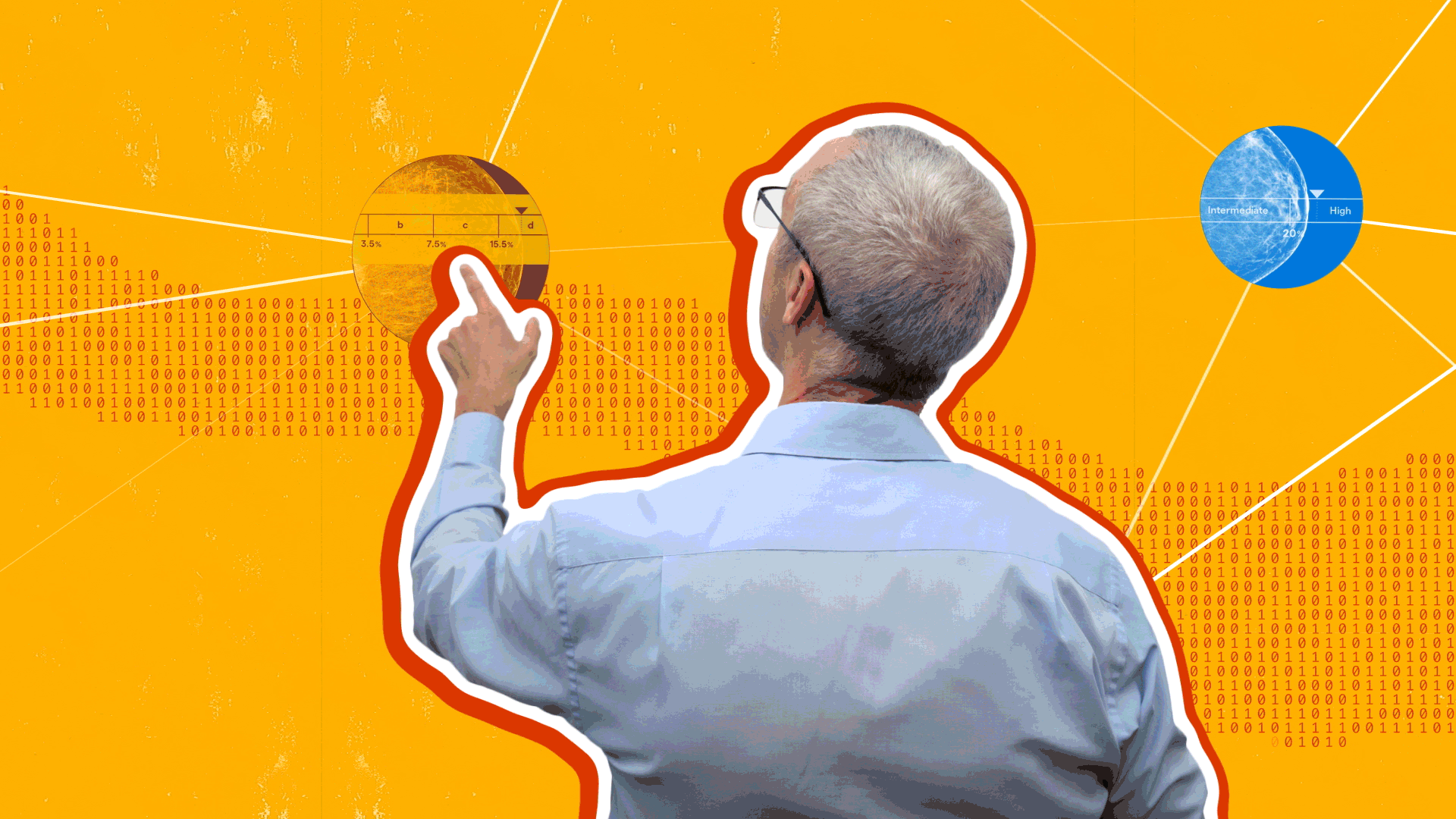
Volpara has brought cutting-edge, scientifically validated screening software to the breast health industry. Its platform combines science and AI to deliver personalised breast screening for every woman.
The company has become a world leader in breast composition assessment, screening more than 13.5 million women across 39 countries. Volpara’s presence is particularly strong in the US, where 35 per cent of all breast screenings now involve at least one of the company’s solutions.
As well as branching out internationally, Volpara supports a number of private screening clinics in New Zealand and Australia. Over the past few years, public health providers such as BreastScreen Queensland in Australia and BreastScreen Central in New Zealand have also adopted Volpara’s leading-edge technology.
Partnering with the right provider
The computing power and limitless storage capacity of the Azure cloud has revolutionised Volpara’s work.
We used to be able to store 12 mammogram images — now we can host over 56 million.
“And we’ve got unlimited computing power, so we can go in and investigate things no one has ever looked at before,” marvels Highnam.
“We can also note changes over time, and say ‘Okay, Mrs Smith, you’re on hormone replacement therapy for menopausal symptoms and good news, your breast density is still decreasing,’ versus ‘Mrs Smith, your hormone replacement therapy is changing your breast density in a way we don’t like, and we want you to switch formulations’,” says Highnam.
“So, there’s a whole world that’s opening up to us because of the data storage and the computing power that’s available now.
“We chose Azure carefully. It was Microsoft that was taking healthcare very seriously,” Highnam says, reflecting on the process of choosing a cloud provider as Volpara was forming. “It’s been an important relationship for us and still is incredibly beneficial.
“Microsoft are interested in our tasks and helping us. This has been key to the partnership,” he says.
The road ahead
From his adopted home of Wellington, Highnam remains inexhaustible in his determination to save lives with mission-critical software.
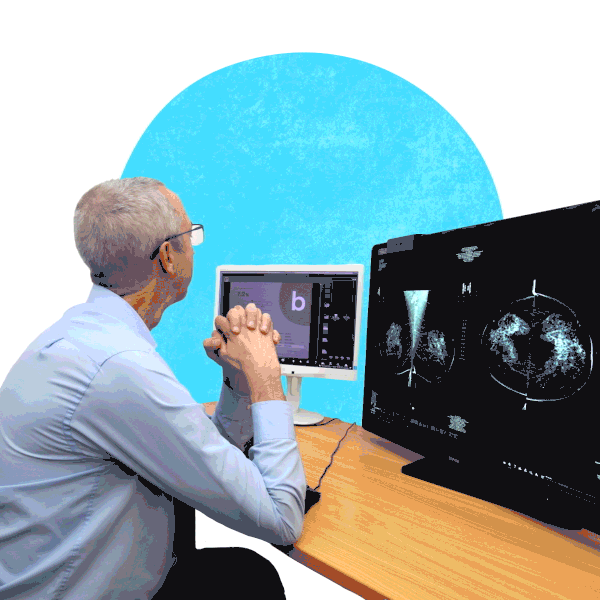
“We have done a huge amount of work, but I’m still very excited about where we go,” he says.
“People have had so many incredible ideas about AI that haven’t panned out over the last 40 or 50 years. But with the computing power and data storage that’s available now, there’s a real opportunity for innovators in every field to go back, revisit their ideas and execute them properly for the first time.”
Highnam is currently making plans to use Volpara’s AI screening technology to tackle other types of cancer. Breast cancer, however, remains his overarching concern.
“To honour the women in my life and save families from cancer – that’s my mission,” he says.
“You have to have passion for whatever it is you’re going to do. You have to be utterly relentless and ready for ups and downs, and all kinds of roadblocks. But if you look around you, there will always be people to help you, provide you with support and keep you positive along your journey.”





